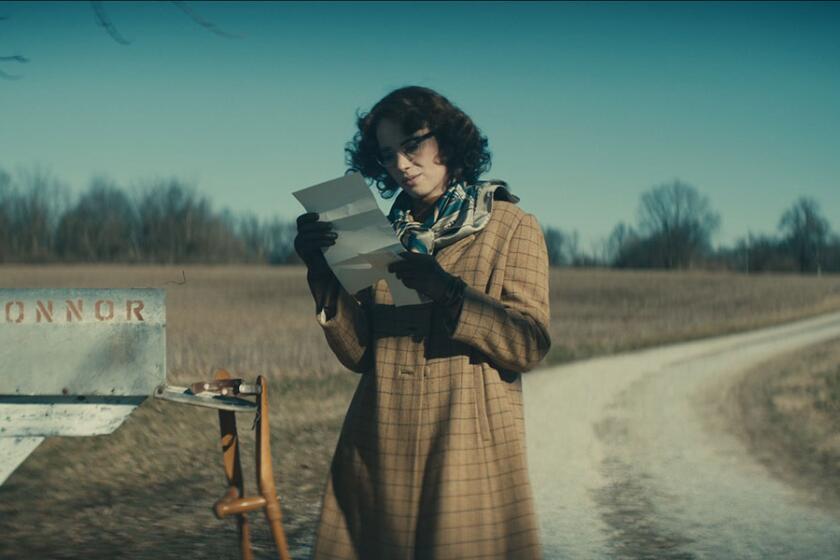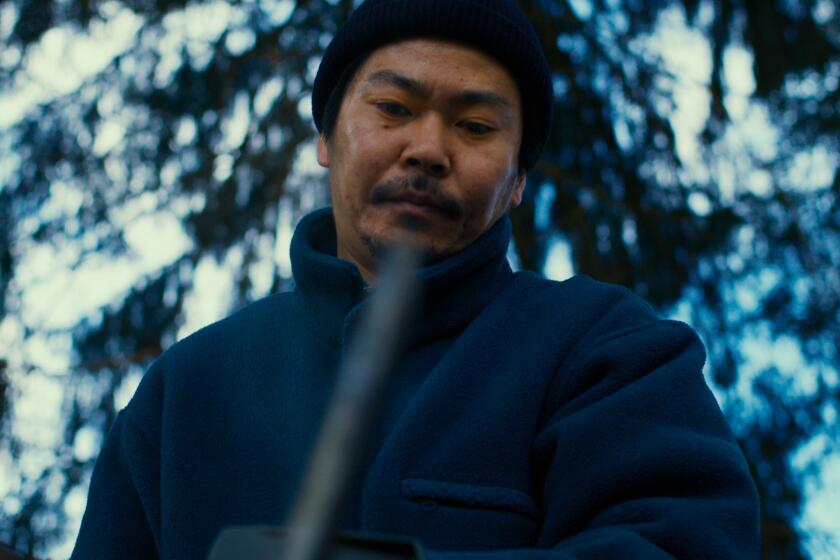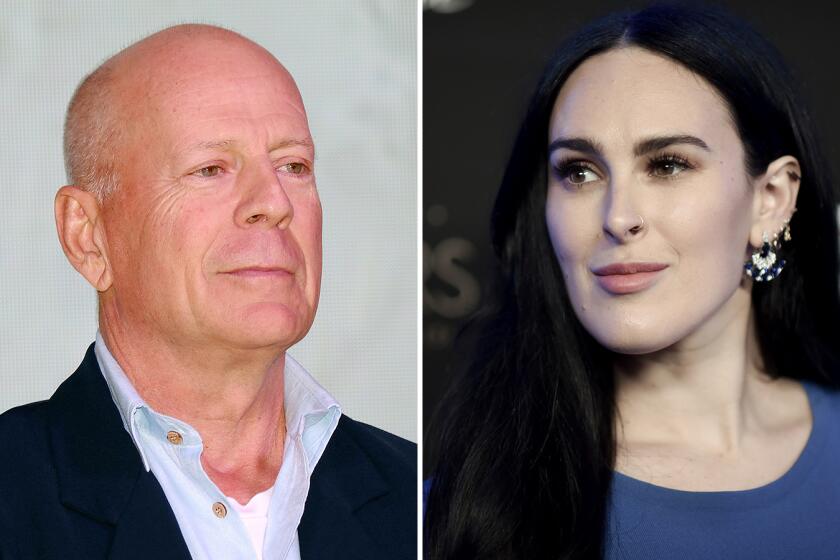Satyajit Ray’s films feted at Egyptian
The new year brings Satyajit Ray’s great “Apu Trilogy” to the American Cinematheque’s Egyptian Theatre along with a new documentary that serves as a fine introduction to one of world cinema’s major directors.
Priyanka Kumar’s “The Song of the Little Road” (Friday at 7:30 p.m. with “Pather Panchali”; Saturday at 6, following “Aparajito”; and Sunday at 5, following “The World of Apu”) is both an appreciation of Ray and his work and a report on how endangered his films have become and the struggle to restore and preserve them.
Ray (1921-92) was a tall, handsome Bengali from an aristocratic but impoverished family. He was a warm, friendly man, an intellectual with a poetic sensibility who spoke English with an elegant British accent. He received inspiration and encouragement to become a filmmaker from Jean Renoir, with whom he struck up a friendship when the French director came to India to film Rumer Godden’s “The River” in 1950.
As a young man, Ray was a Calcutta advertising agency art director and book illustrator whose life was transformed when he began creating drawings for the novel “Pather Panchali,” an epic tale of the rural childhood and subsequent urban office-worker existence of Apu.
By 1955 Ray was able to make his own directorial debut with a film based on “Pather Panchali,” the first installment in the “Apu Trilogy,” which follows a boy in rural India through his manhood to his marriage and move to the city. The lyricism, compassion and insight into his sweeping yet intimate epic trilogy, running 5 1/2 hours in its entirety, established Ray as one of the world’s great filmmakers. (Akira Kurosawa remarked that never having seen a Ray film was like never having seen the sun and the moon.)
Ray would range far in his depiction of life in India, and more than a decade after his death, he remains by far the most famous Indian filmmaker. But his films, little known in his own country, were made cheaply, and he could not afford to ensure their proper care and storage.
While film preservationists Michael Pogorzelsky and David Shepard outline the daunting task that confronted them in attempting to save Ray’s legacy, producer Ismael Merchant, film critic Peter Rainer, director Martin Scorsese and others offer appraisals of the man and his work.
Scorsese cites Ray as a key inspiration, saying it was after seeing “Pather Panchali” that he realized he could make movies about his own Little Italy neighborhood.
Info: (323) 466-FILM.
More to Read
Only good movies
Get the Indie Focus newsletter, Mark Olsen's weekly guide to the world of cinema.
You may occasionally receive promotional content from the Los Angeles Times.






